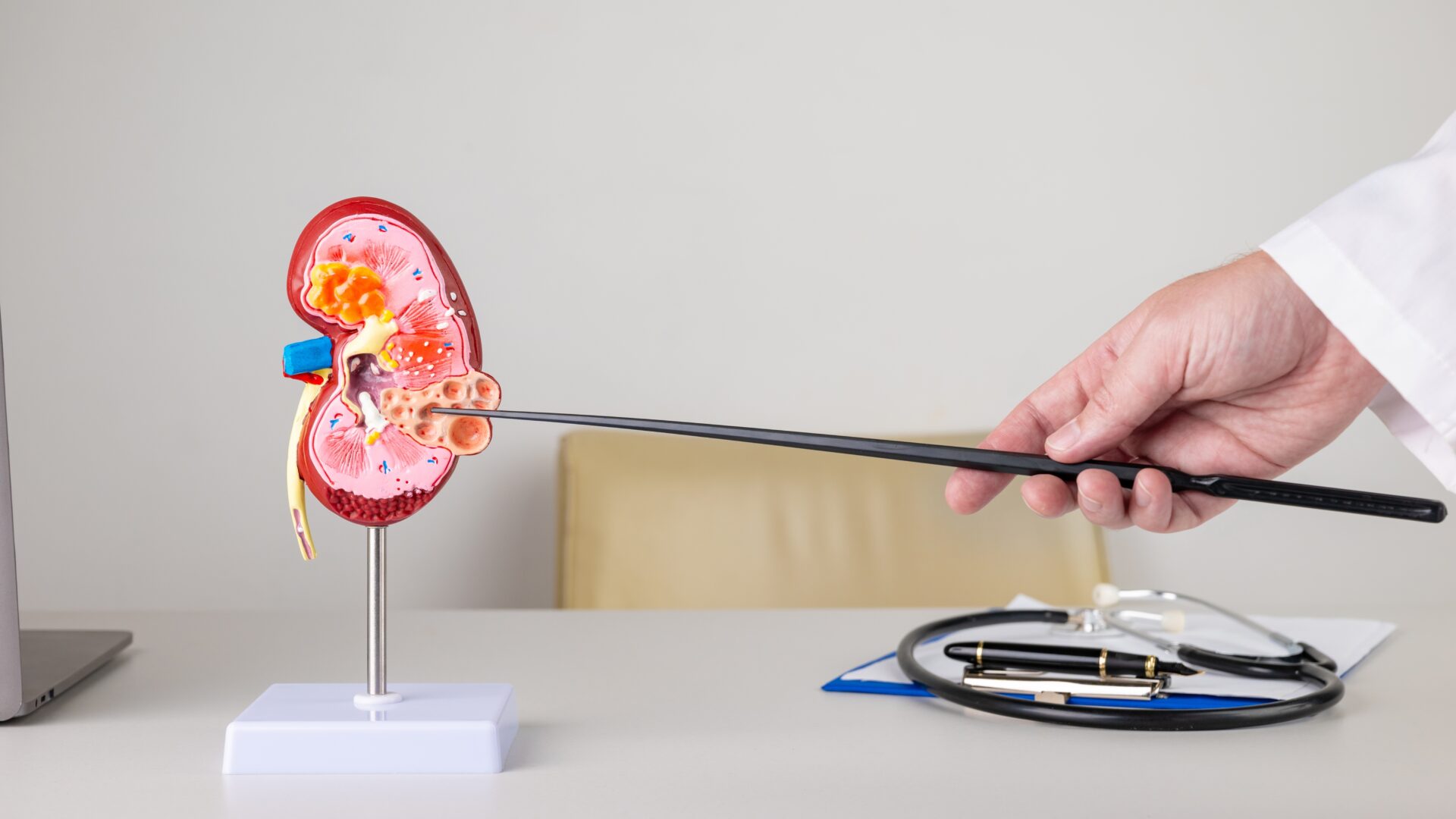A nephrologist, or kidney doctor, is a health professional whose focus is to assess, diagnose, and treat kidney-related problems. You may be referred to a nephrologist by your primary care physician if they detect that you have more than one major sign of kidney disorder.
Having a kidney issue may seem distressing, but with a nephrologist, you can receive the help and treatment you need to tackle your kidney problems. Let’s take a look at what you can expect from your initial visit with one of our providers at the Kidney Clinic of North Florida.
Getting Ready For Your First Visit With A Nephrologist
During the initial appointment, your nephrologist will collect data about your overall well-being and the state of your kidneys. It is prudent to have various information prepared before your appointment, including the following:
List Of Common Signs And Symptoms
Your physician will ask you about the signs and symptoms you’re experiencing. Feel free to write down a list beforehand so you don’t forget anything you want to discuss. Some of the signs and symptoms related to kidney problems include the following:
- Fatigue
- Alterations in urination patterns
- Pain when urinating
- Swelling around your eyes, legs, or feet
- Blood in the urine
- Drastic weight loss
- Variations in urine
You’ll also want to be on the lookout for the following symptoms of chronic renal disease that may not initially appear to be related to the kidney:
- Chest pain
- High blood pressure
- Shortness of breath
- Sleeping difficulties
- Muscle twitches or cramps
Medical History And Records
Your medical history and records are also important to bring to your initial appointment. You can either fill out a form with us or have your records sent over from your primary care physician. With this information, we can identify potential risk factors associated with renal disease.
Your susceptibility to kidney disease may increase if there is a family history of kidney problems, especially from immediate family members such as parents, siblings, and grandparents.
Having pre-existing conditions such as heart problems, hypertension, diabetes, or obesity can also elevate your risk of having kidney disease. Additionally, factors like cholesterol medications, some over-the-counter pain medications, and proton pump inhibitors may also lead to renal problems.
Assessing Your Kidney Well-Being
Your kidney specialist will perform a physical examination to take a look at both your overall health and renal well-being. They will also examine your heart and lung function and check to see if you have any swelling in the face.
Your nephrologist may also recommend certain tests or scans to determine how well your kidneys are functioning.
Schedule A Consultation Today
Kidney issues frequently receive little attention or go undetected, but the earlier any issues are identified, the more effective it is to treat them. Dr. Tandon and Dr. Puri are both highly skilled nephrologists and are here to provide professional support throughout your journey from your first appointment to diagnosis to treatment.
Schedule a consultation today at the Kidney Clinic of North Florida by calling our Jacksonville, FL office at +1 904-593-5333 or using our online contact form. We look forward to assisting you in managing your kidney health.




